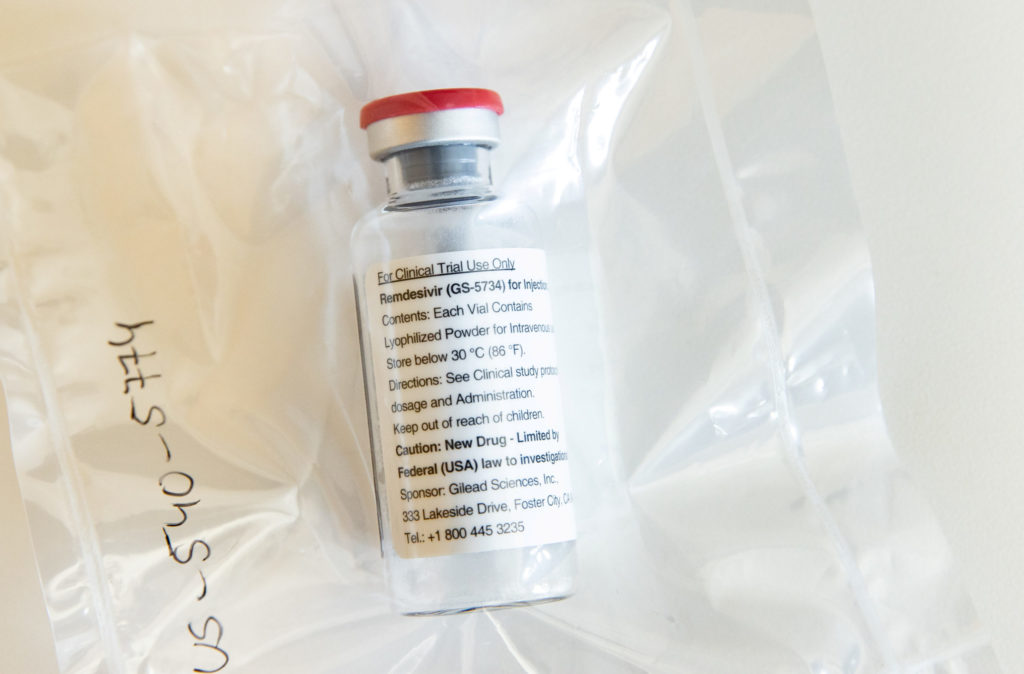Paris, France—The anti-viral drug remdesivir should not be used to treat Covid-19 patients no matter how severe their illness as it has “no important effect” on survival chances, the World Health Organization said Friday, November 20, 2020.
Scratching one of the few treatments that had shown some initial promise in severe patients, a WHO Guideline Development Group (GDG) of international experts said there was “no evidence based on currently available data that it does improve patient-important outcomes”.
The United States, the European Union and other countries have granted temporary approval for the use of remdesivir after initial research showed it may shorten recovery time in some coronavirus patients.
President Donald Trump was treated with remdesivir among other medicines after he tested positive for Covid-19 in October.
Friday’s WHO recommendation was based on four international randomised trials among more than 7,000 patients hospitalised with the virus.
Publishing updated treatment guidance in the BMJ medical journal, the panel acknowledged that their recommendation does not mean that remdesivir has no benefit for patients.
But based on the latest figures, costs and delivery methods, it advised “against administering remdesivir in addition to usual care for the treatment of patients hospitalised with Covid-19, regardless of disease severity”.
Manufacturer Gilead said last month that the drug had boosted 2020 third quarter sales by almost $900 million.
Initially developed as a treatment for the Ebola virus, remdesivir was found in one study published in May to reduce the length of hospital stays for Covid-19 sufferers from 15 to 11 days on average.
A subsequent WHO pre-print however found the drug “appeared to have little or no effect” on mortality or length of hospitalisation among more than 11,000 hospitalised patients across 30 countries.
